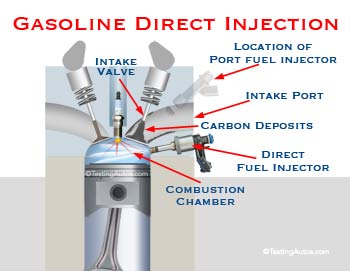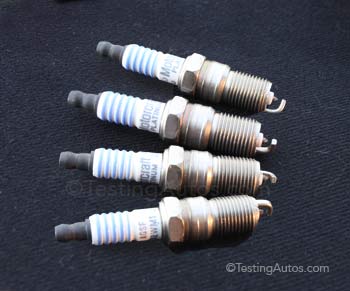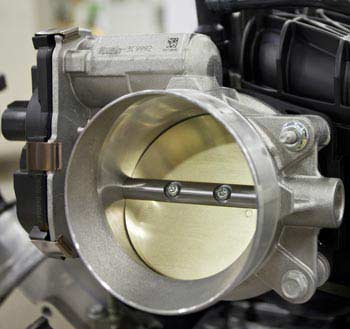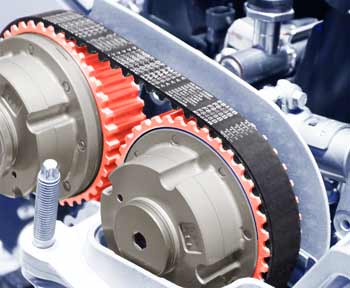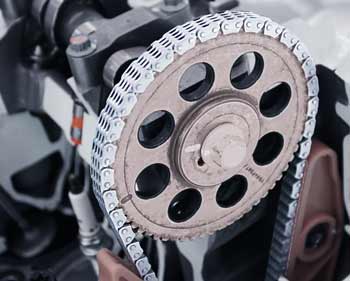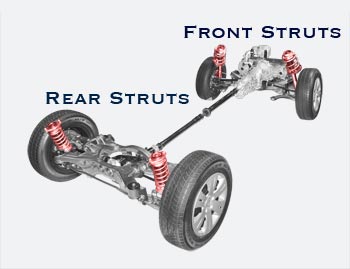Fuel Induction Service: does your car need it?
The fuel induction service is a way to clean some of the soft deposits inside the intake system of an engine without taking it apart. It involves spraying a cleaner spray or foam through the intake system.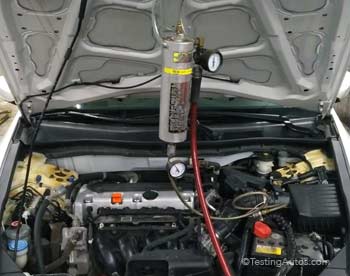 Fuel Induction Service.
Fuel Induction Service.The fuel induction service is not a part of manufacturer-recommended maintenance, but it might be helpful to a degree in some high-mileage engines. Of course, it is not a universal solution for all cars; read more below. This service is often recommended to clean the intake valves and ports in engines with Gasoline Direct Injection (DI or GDI). Repair shops and dealers may call it GDI Induction Service.
In gasoline direct injection, the fuel injectors spray fuel directly into the combustion chambers under very high pressure. Thanks to this design, an engine with a direct injection is 10-20% more efficient than a similar engine with a conventional port fuel injection. However, there is one drawback. In a port fuel injection, injectors spray right on the back of the intake valves, "cleaning" them. In direct fuel injection, fuel is sprayed under the intake valves. As a result, in some GDI engines, carbon deposits accumulate on the backside of the intake valves, see the illustration. Deposits can accumulate on the tips of the injectors too.
This problem is more likely to affect vehicles that are used for frequent short trips, especially in cold weather. The process is gradual, which means it only happens at higher mileage. Bad gasoline, lack of oil changes and poor oil quality also make this problem worse. See the animation: How a 4-stroke direct-injected engine works.
Symptoms of excessive deposits on the intake valves and ports include running rough, misfiring when the engine is started cold, unstable idle and a lack of power at higher speeds. Of course, these symptoms can be caused by other things and need to be properly diagnosed.
Do all cars have direct injection? No, almost all modern cars sold before 2010 had port fuel injection. In 2019, more than half of all gasoline-powered new cars sold in North America have direct injection; others have port fuel injection. Car makers switch to direct fuel injection to comply with tougher fuel economy standards and emissions regulations.
Does your car need the fuel induction service? Not all direct-injected cars have this problem with deposits in the intake. Some modern cars have dual (direct and port) fuel injection, where carbon buildup is not an issue. We recommend doing a little research on whether this problem is common in your make and model. If you use top-tier gasoline, synthetic oil and do your oil changes on time, if your car starts well, runs smoothly and has no Check Engine light or other concerns, you won't see much benefit from the fuel induction service. if it ain't broke, don't fix it. Kia, for example, issued a service bulletin (058 dated November 2012) that the Fuel Injection (Induction) Cleaning / Flushing is not a Kia recommended or required maintenance procedure. Also, according to several sources, doing this service in Ford EcoBoost engines can, in some cases, damage the turbocharger.
If your car does have a driveability concern, it needs to be properly diagnosed. If the problem is in fact caused by excessive deposit buildup on intake valves, the most effective way to clean the valves is to remove the intake manifold and clean the valves and ports manually or with media blasting. Both are delicate procedures priced from $450 for a four-cylinder, and up to $900 for a six-cylinder engine.
If you want to get the fuel induction (GDI Induction) service done, be aware that some car makers approve only specific chemicals and procedures for cleaning the intake valves in their vehicles using a spray. Honda, BMW, Mini and GM, for example, have special tools and guidelines for the fuel induction service, but in general this service is mentioned only as a solution for a diagnosed issue. Considering that, it's probably a good idea to have it done at a dealership or a shop that specializes in your brand of car. On the plus side, this service is not very expensive ($89-$205) nor is it intrusive and doesn't take much time to perform. In some cars, after the service the engine computer must be reset, to clear possible faults and to re-learn the idle speed and other parameters.
